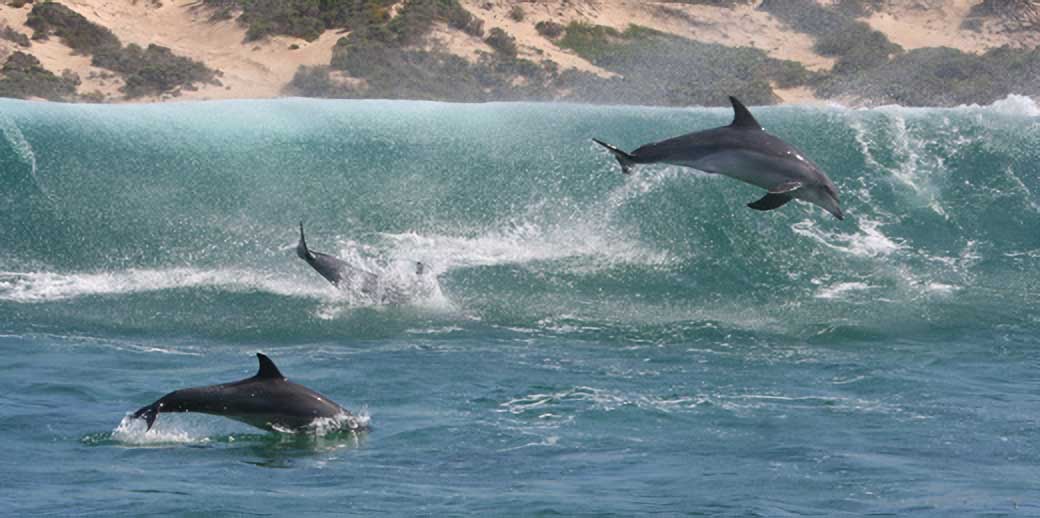what guidelines should responsible mammalwatchers follow?
Mammalwatching can be an important force for conservation good. But it can also disturb or even harm wildlife. This code of conduct tries to maximise the good we do and minimize the harm.
Before you go look to travel with operators – and stay in places – who care about conservation. Try to book locally or ensure your money reaches the local community. Why not offset your greenhouse gas emissions especially if you fly?
Obey the law and the local rules. Small mammal trapping for instance is prohibited without a permit in many national parks or entire countries. Spotlighting is sometimes forbidden. And you may need to wear a surgical mask to visit great apes.
Respect local people, their land and their customs. Upsetting a community can cause considerable problems in the long term both for the wildlife and for future mammalwatchers.
Stay on roads and trails to avoid disturbing habitat. Respect local rules and customs about entering private land.
Stay a sensible distance away from the animal for their safety and yours. Approaching nests or dens can stress animals. If the animal changes it’s behaviour you are probably too close. You can also transmit diseases to some animals, especially primates, so if you are sick stay at home.
Spotlighting can temporarily blind an animal. Keep the light away from the face. Lighting directed to the side or above the animal is usually sufficient for photography or identification. And lower power lights are often as – or more – effective at finding mammals in many areas. Reducing a light’s intensity once you begin observing a mammal, or switching to green or red filters, is considerate.
Small mammal trapping and bat catching should only be carried out where it is legal to do so, with permission and with sufficient experience to avoid harming the animals you capture.
When watching primates limit the size of your group, don’t bring food (or keep it hidden and sealed) and don’t upset the animals by making noise, shaking branches or smiling at – and making direct eye contact with – them.
Baiting should be undertaken sparingly and never for some animals including primates. Live baiting is cruel and unacceptable.
Avoid disturbing bat roosts particularly at hibernation sites or when bats have young and never handle bats without the required licences and vaccinations.
Reporting sightings benefits science. Consider submitting data – preferably photographic evidence – to a local wildlife management agency or a citizen science database especially when records are interesting. But think carefully about how much information should be shared publicly if species are at risk from being poached for example.
Write a report about your trip for mammalwatching.com.
Reward guides for good practice not just for finding target species. When we pay a guide it reinforces the value of wildlife among their community. Recommending good guides in a trip report is important too. Here are more ideas on how to help your guide.
More background on the guidelines is here. Here is a PDF to print out and take with you.
Please encourage all mammalwatchers and guides to follow these guidelines to put the animals’ wellbeing first.


